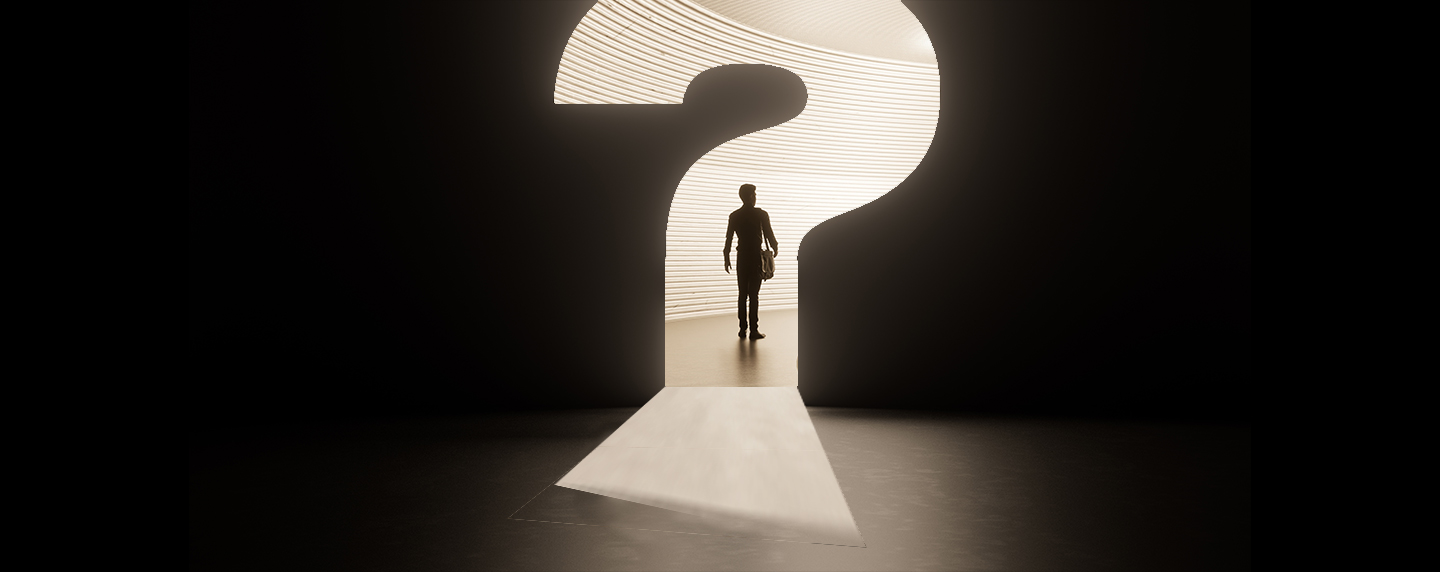Along with about thirty or so other employees in the office that morning, we watched the World Trade Towers collapse. Three hundred fifty-eight employees and colleagues who worked for my company died that day.
It seemed surreal, like something from Rod Serling’s classic TV series The Twilight Zone. The towers were gone, and all those people had died. The fact that I could have easily been in either of those buildings for an early morning meeting did not escape me.
I had come to New York only three months earlier from my home in Oregon, where my husband worked as an attorney. We both decided he would continue with his job there for a year before coming to join me, depending on how well I ended up liking the job. If I didn’t like it enough for him to make the effort to join me, I would leave and return to Oregon.
It wasn’t an altogether easy decision to make because, despite the unimaginable horrors that took place at that time, I had worked all of my life to get to where I was. I had landed the dream job, and I knew that if I simply walked away from it, I might never be able to work myself back up to that level again.
But by the time the year was up, I was ready to leave and go back home. I had no idea what my job would be, but by then, it didn’t matter. The constant reminders of the attack throughout New York during that year, along with a husband who by now wanted no part of moving to New York, made me conclude that life was too short and that there was more to life than work.
A Job With Hospice
A job opportunity at a hospice organization presented itself shortly after I returned to Oregon. I knew very little about hospice at the time, except that they provided support for dying patients and helped their families cope with their grief. But given what I had been through during 9/11, the idea of working there intrigued me.
I still hadn’t gotten over all that had happened in New York that year that I was there, and I thought maybe this job was a gift and that by working there, I might be able to somehow come to terms with the inevitability of death and with the fact that we don’t all die in ways that we might hope.
The one problem was that it was only a part-time position that paid substantially less than I had previously earned. I wasn’t sure how I would make ends meet. Nevertheless, my husband convinced me that while we would need to tighten our belts, we could manage, given that he, too, was employed.
I never regretted the decision to take that job. Working there gave me an understanding and appreciation for the dying process that I could not have gotten otherwise. But more than that, being surrounded by the certainty of death gave me a fresh perspective on life—particularly on how important it is to make the most of whatever time we have.
After about five years, a merger with a much larger hospice organization was on the horizon, and I decided it was time for me to move on again. By now, I had been feeling the monetary pinch of working only a part-time job, so I decided to return to the corporate arena and the prospect of shoring up my retirement savings.
As you might imagine, getting back into the world of big business was a little tricky, given I had been away for so long. That notwithstanding, I clarified my intentions, put a plan in place, and managed to navigate the process.
I Landed Well Again
I ended up accepting an offer from a pulp and paper manufacturing company. Having previously worked mainly in so-called clean industries, I had some reservations. Mostly, they had to do with wearing a hard hat, safety vest, safety glasses, ear plugs, and steel-toed shoes whenever I went into the mill. That was something way outside my comfort zone.
Nevertheless, I managed to put those concerns aside because the company offered me an attractive work/life arrangement, which allowed me substantial flexibility in my hours.
Even with that, I wasn’t sure I would last at that job for more than a year. But before I knew it, another five years had clicked by. And, despite my initial reservations, I learned a lot, loved the people, and felt rewarded for my work.
And then, finally, the day came. Retirement! I looked at it as another door opening.
Everything about life at that point was good. I felt secure. I lived in a beautiful place, and the retirement life I had envisioned with my husband was playing out as we had hoped.
But the time was short-lived.
Another Curve Ball
Out of left field, my husband had been diagnosed with an extremely rare form of cancer for which there was no hope for a cure. His doctor told him he should probably put his affairs in order as he might only have three to six months to live.
As it turned out, he lived for almost another two years.
What helped me most in moving on after that was when my husband, who lay dying in the hospital, was visited by a hospital chaplain. I told the chaplain that my husband didn’t subscribe to any particular religion or system of beliefs but that he had always felt he was a spiritual person. The chaplain then shared a quote from the French Jesuit priest and philosopher Pierre Teilhard de Chardin that changed my life.
“We are not human beings having a spiritual experience. We are spiritual beings having a human experience.”
I could say many things about that quote and how it affected me, but the main point I want to share is that it gave me a fresh, new perspective on what it means to be alive and to die. In turn, that helped me immensely in coming to terms with my husband’s passing, and it set me on a course of spiritual exploration that I suspect I’ll continue to be on for the rest of my life.







